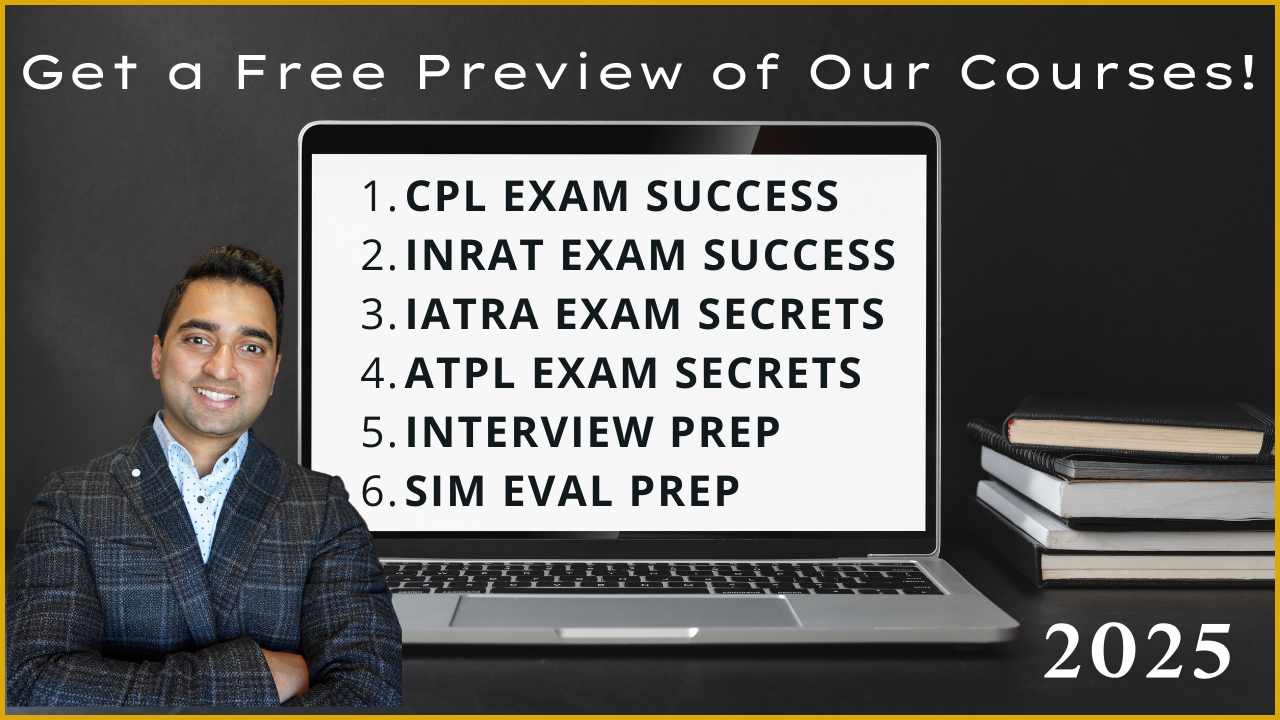
PROVEN PATH TO THE AIRLINES + 5 PILOT CAREER TIPS!
pilot trainingMy name is Tyler, and I’m grateful to be able to share my experience of becoming an airline pilot as a guest blogger for Pilot D’Mello.
Below I will share with you a high-level overview of the journey I took to get to where I am today, some things I’ve discovered along the way, and some tips for you to make the most of your journey.
When did you start your training?
I began my flight training shortly after 9/11 at a time when the industry was in a slump due to the decline in travel demand over safety concerns. In the end, this timing worked out great because by the time the industry was out of the slump I was finished my training.
I trained at a small flight school in Calgary at YYC. It took me about a year to complete my Private Pilot License at which time I took a break from flying to pursue business schooling. I knew I wanted to be a pilot but I also knew I needed a fallback.
Pilot TIP #1
Don’t put all your eggs in one basket.
As you are seeing now, the airline industry is cyclical. There may be times when you need to use your fallback, or maybe you decide to make a career change at some point. It’s good to have some higher education or other skills and talents behind you.
After completing business school I ventured to Edmonton where I studied for my Commercial Pilot License at the Northern Alberta Institute of Technology. This program no longer exists but I found it to be an incredible learning experience that set me up for success.
I should note that college programs are definitely not a prerequisite for success as a pilot.
How did you get your FIRST pilot job?
After earning my Commercial License I choose to get my instructor rating and began working as an instructor.
This process took almost 3 years to get from the beginning of my commercial license through the college program and then complete my instructor rating. Many pilots will choose a different route and that is ok. There are many ways to get started in the industry.
Throughout my instructor years, I was able to earn my Airline Transport Pilot License, teach multi-IFR, and work as the Assistant Chief Flight Instructor at a large school in Calgary.

Pilot TIP #2
Be sure you consider quality of time, not just quantity.
Jumping ahead a bit, I was fortunate enough to work on the hiring team for the airline I currently work for. Here I saw first hand the downfall of “chasing tin” when a candidate who had plenty of experience on the aircraft type we flew but had very little Pilot In Command (PIC) time. This led to him not getting the job as he did not meet our minimum qualifications for PIC time.
Flight instructing not only gave me the opportunity to earn PIC time but also Multi-PIC time. And to be honest, instructing is really where I learned to fly!
My Second Job
My next jump was to a charter company operating out of YYC. Here I primarily flew the Beech 1900D. This was a fantastic opportunity to not only learn high-performance aircraft operations but also operating in a two-crew environment.
This type of job is what really builds your Crew Resource Management Skills as well as your flying skills. Only 3 out of our 6 Beech 1900’s had an autopilot which allowed me to hone my IFR hand-flying skills.
While at this company I was able to transition from a first officer position to a captain position which was a great opportunity for developing leadership skills and testing my decision-making capabilities.
Pilot TIP #3
Don’t be afraid to take your time going to the airlines if it means building your skills as a pilot and a person.
The jobs you take on your path to the airlines are what give you the skills and the tools to be a first-rate airline pilot, don’t discount this experience.
From here I was able to obtain my first airline job at a newer regional operator. This is where the learning curve was steep but the experience was amazing. During my time here I was able to be a part of the hiring process, as previously mentioned. This gave me a window into the many different pathways pilots take to get to the airlines.
Pilot TIP #4
Many paths will converge at the airlines. It is important to work hard, choose jobs that give you the experience and quality of time you want. While at these jobs remember the industry is small and your reputation matters. This doesn’t mean being a “yes man/woman”. It means working hard, making SAFE decisions, and being a team player.
While at the regional airline I was fortunate enough to upgrade to a Captain position within about a year and a half. I spent about 2.5 years at this job before transitioning to the Main Line operator where I currently sit.
The pandemic has thrown a huge curve into the airline industry which over the past few years has displaced me from that mainline position. It has given me other opportunities such as an upgrade to 737 Captain at a different carrier. It is also what prompted me to start Level Flight, offering quality online ground school for student pilots. One thing I have learned through all of this is that there will be many ups and downs in this industry (yes the pun is intended). Roll with the punches, look for opportunities in crisis, and keep moving forward.

You Have What It Takes
Becoming a pilot is not out of reach if you are willing to put in the hard work and time it takes to succeed. All too often many people think it’s something they can do on the weekend here and there. In reality, if you want to be a recreational pilot this might work although it’s going to take you a long time to finish. If you want to be a professional pilot you need to commit to it as you would any other form of education. Not only will commitment save you time but will also save you money.
Pilot TIP #5
Build your network. As with any career, relationships are key. Get to know people, establish a small group of mentors and an even bigger group of peers.
Use these people to learn from, consult with, and provide reciprocal support. Often when you have two candidates equally qualified for a job it will come down to who you know. Your network can be great for opening up opportunities or helping to solve difficult problems.
Stay Ahead in Your Aviation Career! ✈️
Join our mailing list to receive:
✅ The latest aviation job postings
✅ Canadian industry updates you need to know
✅ Expert exam tips to help you pass with confidence
✅ Exclusive special promotions on our courses
We respect your privacy—your information stays safe with us! 🚀
No spam—just valuable updates! You can unsubscribe anytime.

Blog Categories
All Categories exam prep licence conversion pilot interview pilot salary pilot training
